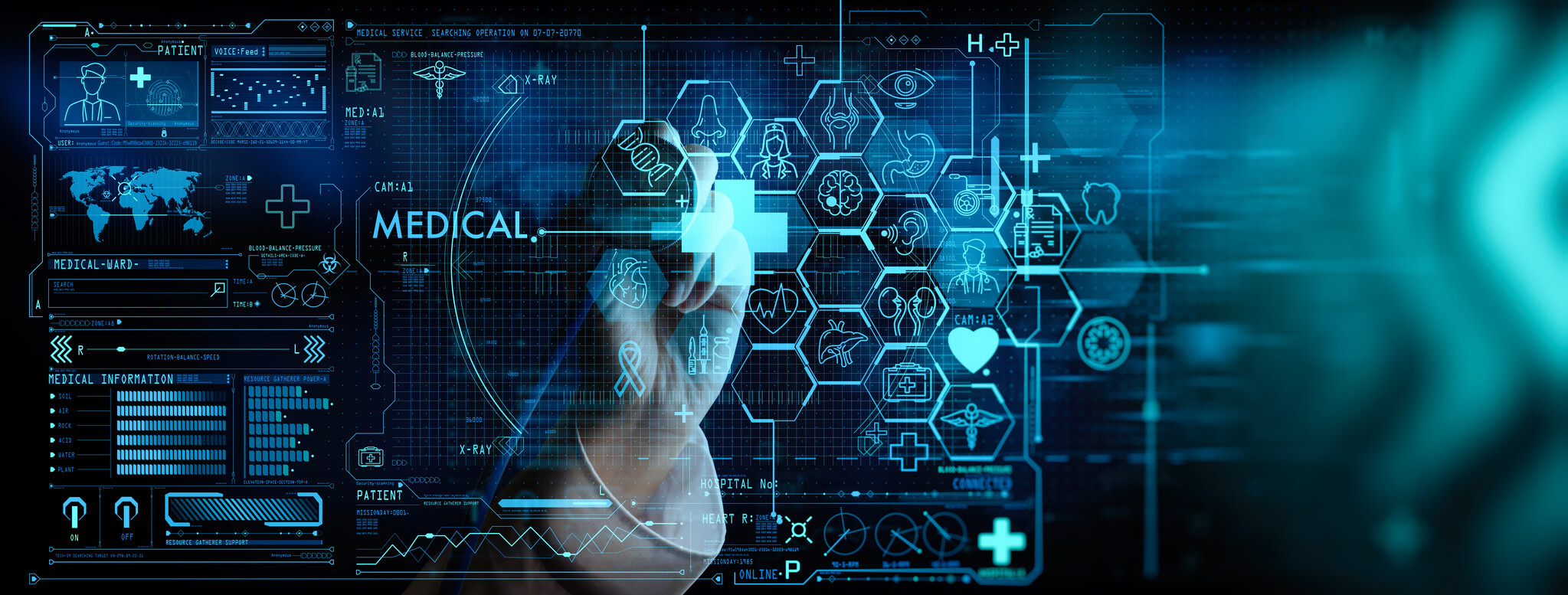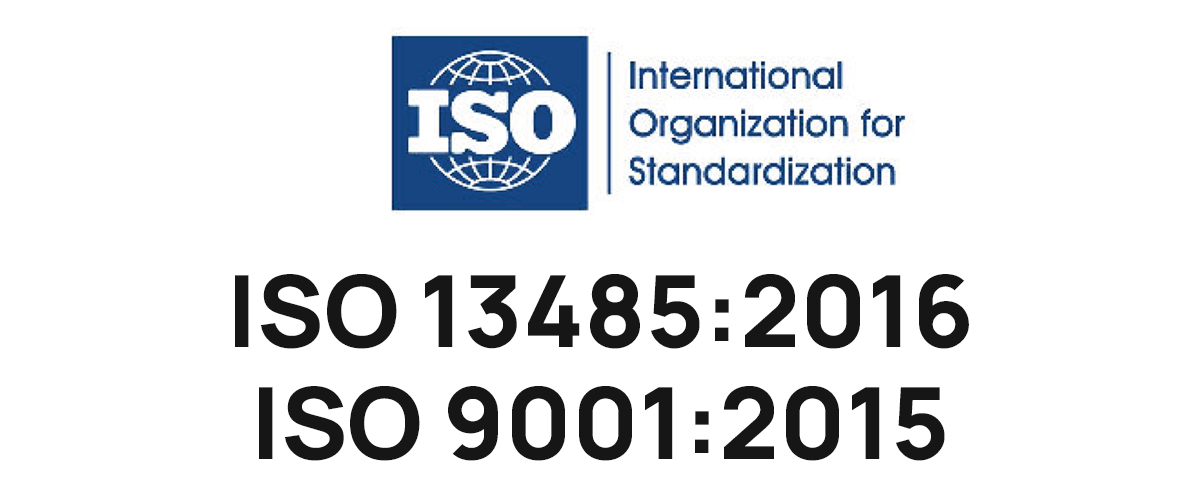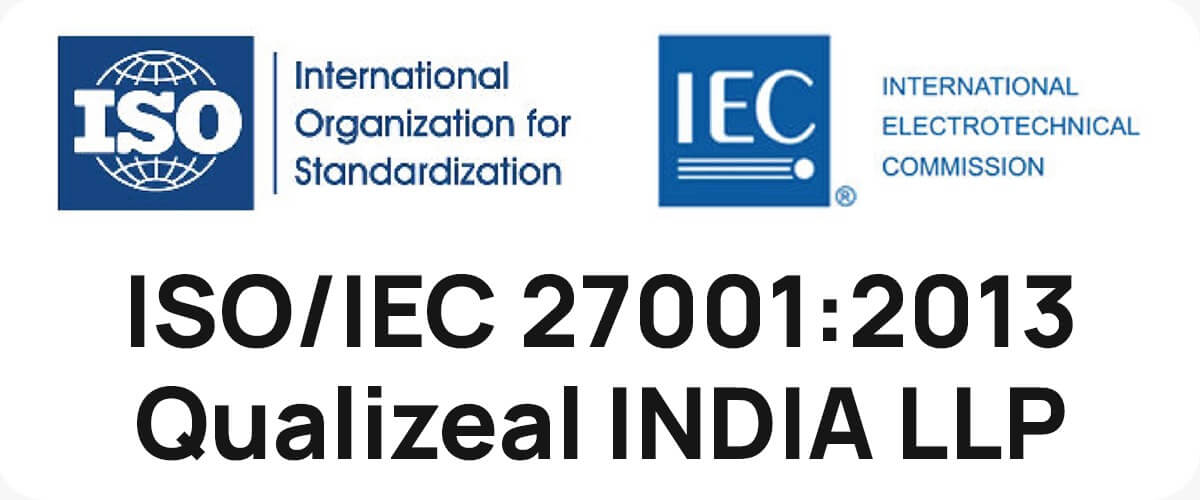Reinventing Healthcare with Medical Device Testing

In today’s day and age, medical professionals are taking a closer look at what is required for the development of moral, available, and simple-to-use medical device software that is both seamlessly integrated into a hospital environment and simple for the patient to operate as a result of the recent boom in telehealth and connected medical devices for health monitoring and management.
Your medical device can treat minor ailments and perhaps save lives while assisting people in improving their quality of life. The sooner you launch your product, the better for everyone. But to do so, you must adhere to legal standards that call for thorough medical device testing to guarantee its safety. Without sufficient testing, there is a chance that flawed software will be released with problems and might even need to be recalled. When this occurs, you lose time and money, and your reputation may also be at risk.
Why is Medical Device Testing necessary?

Testing is a formal procedure that ensures both you and the medical device testing firm are clear on the requirements. Medical device testing gives a quantifiable way to ensure that you’ve completed your design objective by incorporating a set of test circumstances, specific processes that must be taken, and the proper test technique validation.
The FDA defines medical device testing according to the level of concern. The severity of the medical device testing will depend on the kind of harm that a gadget might cause a patient. To guarantee that the widget won’t malfunction in the field, the verification procedure seeks to identify as many problems as possible as quickly as feasible.
The FDA defines medical device testing according to the level of concern. The severity of the medical device testing will depend on the kind of harm that a gadget might cause a patient. To guarantee that the widget won’t malfunction in the field, the verification procedure seeks to identify as many problems as possible as quickly as feasible.
The Functionality of the Device
Medical gadgets come in various shapes and sizes, from tongue depressors to general-purpose lab equipment to antibody technology. Functionality testing establishes whether the product performs as promised. This stops defective products from entering the market, potentially harming users or resulting in unnecessary spending.
Bioburden Testing
For medical devices to comply with FDA standards, bioburden testing is necessary. Before a medical device is sterilized, bioburden testing counts the number of living microorganisms, including bacteria, yeasts, and molds. Sterilization tests must be conducted before bioburden testing is necessary.
Sterility Testing & Validation
Validation and sterility testing are prerequisites for any medical device. Various sterility tests are available, including direct transfer testing, product flush sterility testing, and USP sterility testing. Living microbes may frequently persist on a medical device with a perfect environment for growth and flourishing. These tests must be carried out to prevent the spread of infectious diseases.
Environmental surveillance
Environmental monitoring significantly removes toxic elements, even though it is not often done directly on medical devices. Devices are more susceptible to airborne contamination and can spread disease and illness without a certified clean room. Environmental monitoring makes eliminating these toxins, which people, processes produce, and the facility more accessible. These must be continuously eliminated from the air, which is accomplished through various techniques, including air sampling, surface sampling, humidity and temperature control, microorganism detection, and others.
How can you guarantee a sensible, economic, and efficient medical device testing process?

Pay attention to this caution: if you test your gadget improperly or too frequently, you risk blowing your budget. A later redesign can be necessary if you wait too long in the product’s lifecycle or don’t test the right parts.
The approach is to thoroughly define the needs up front, to comprehend the hardware, software, and electrical equipment involved, and to decide early on the functions you intend to supply. If you follow these steps, the remainder of the process will go smoothly.
The good news is that many medical device testing businesses can support your testing objectives and hasten the safe release of your product. QualiZeal, an expert medical device testing partner, can independently lead you through it regardless of where you are in the testing process. Our verification and validation services for medical devices are designed to ensure the equipment performs as it should in real-world settings. We combine our vast experience in the medical device sector with our top-notch technical talents to support you in achieving your objectives, from submission to market release.
Contact our team now if you need assistance with your medical device testing.












